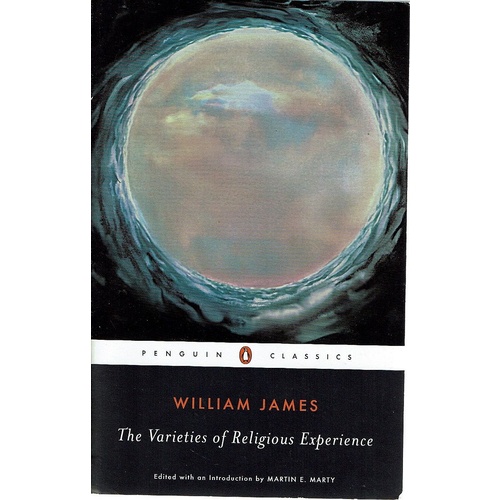

After attempts to find meaning in a life that, from a scientific perspective would one day end, he continued feeling nothing. The source of his depression came from the notion that life was finite, therefore meaningless. Leo Tolstoy, in his book My Confession, explains how he overcame deep despair through a religious experience. Let’s take a look at one example of how the power belief from a religious experience can heal depression. Once you introduce faith to your life, religious or not, anything becomes possible. All one needs to do is unleash the force for change within through belief. Rather than being passive objects, however, humans are active participants in affecting reality. Often paraphrased “mind over matter,” this notion was widely challenged for it’s potential scientific inaccuracy. Similar to ideas in Think and Grow Rich and The Magic of Thinking Big, James argues that belief has the power to change our physical world. If you want to save this summary for later, download the free PDF and read it whenever you want.ĭownload PDF Lesson 1: Healing ourselves, even from depression, can result from religious experiences. You don’t need to be religious to receive the benefits of prayer, which is simply a transfer of energy from a higher power to you.Īre you ready to get into some deep religious and philosophical ideas? Let’s dive right in!.Conversion isn’t only a religious idea, and we can learn a lot from the many ways people experience it.Religion can improve our mental state, even allowing some to overcome depression.Here are the 3 biggest lessons I’ve learned from this book: Although deep, this book gives some powerful insight into the psychological aspect of religious experiences. James is widely known as the “Father of American Psychology” for his work in human behavior and philosophy. This book was written based on a series of lectures given by William James clear back in the early 1900s. That’s exactly the kind of question that The Varieties of Religious Experience: A Study In Human Nature tackles. But what happens when you take away the churches and the dogma that surrounds much of religious belief? What about what happens on the deeper, personal level to individuals who have religious experiences? Similar to politics or any form of belief system, religion has been an integral part of human history. Interestingly, a 2012 article in the Washington Post identifies that eight out of 10 people still affiliated with a religious group at that time. Or perhaps you consider yourself an atheist, a belief system that seems to be on the rise these days.

What do you think of when you hear the word religion? Maybe you’re like most people and you don’t really believe in anything. Listen to the audio of this summary with a free reading.fm account*:


 0 kommentar(er)
0 kommentar(er)
